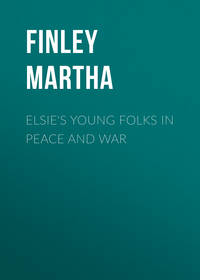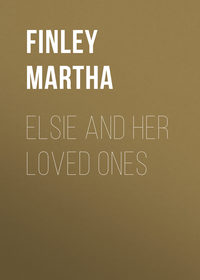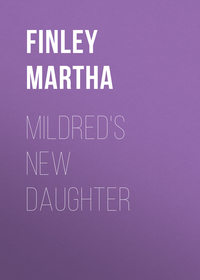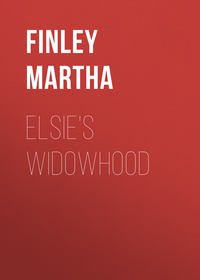Mildred and Elsie
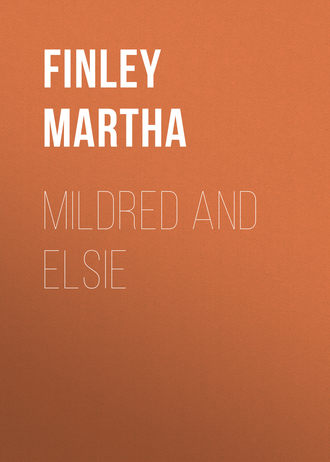 полная версия
полная версияMildred and Elsie
Жанр: зарубежные детские книгизарубежная классиказарубежная старинная литературазарубежная религиозная литература
Язык: Английский
Год издания: 2017
Добавлена:
Настройки чтения
Размер шрифта
Высота строк
Поля


